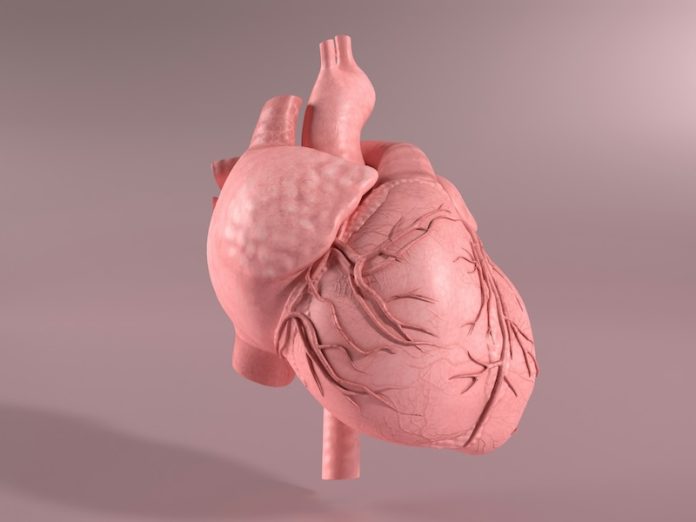
Heart disease, including heart attacks and strokes, remains the leading cause of death in the United States. Doctors have long focused on managing high blood pressure, diabetes, and cholesterol with medications like aspirin and statins.
While these treatments have saved many lives, heart disease continues to claim millions, leaving scientists searching for new answers.
Recently, researchers from the University of Michigan have identified a protein called suPAR (soluble urokinase plasminogen activator receptor) that may hold the key to understanding why heart disease is so hard to combat. This discovery could lead to new ways to treat and prevent the condition.
What Is suPAR?
suPAR is a protein produced by bone marrow that helps regulate the immune system, acting like a thermostat to keep it balanced. However, when suPAR levels are too high, it can cause problems.
One of these is atherosclerosis, a condition where arteries become hard and narrow due to plaque buildup. This makes it difficult for blood to flow, increasing the risk of heart disease.
What Did the Study Find?
The University of Michigan team conducted an extensive study involving data from thousands of people. Here’s what they discovered:
suPAR Levels and Heart Disease: The researchers analyzed data from over 5,000 individuals without heart disease. They found that people with higher suPAR levels were more likely to develop atherosclerosis and other heart problems, regardless of other risk factors like cholesterol or blood pressure.
Genetic Link: The scientists examined the genes of 24,000 people and identified a specific gene variant associated with higher suPAR levels. This variant was strongly linked to atherosclerosis in a study of 500,000 people and confirmed in two additional large datasets.
Mouse Experiments: In laboratory studies, mice with high suPAR levels developed more atherosclerotic plaques in their arteries compared to mice with normal suPAR levels. This reinforced the idea that suPAR plays a direct role in causing atherosclerosis.
Implications for Heart Health
This study stands out because it combines clinical, genetic, and experimental evidence, all pointing to suPAR as a key driver of atherosclerosis. This is significant because current treatments for heart disease, like statins, don’t target suPAR.
Now, researchers are exploring ways to lower suPAR levels safely. If successful, this could open up new avenues for preventing and treating heart disease, particularly in patients who don’t respond well to existing therapies.
The Heart-Kidney Connection
The research also highlighted an important link between heart and kidney health. suPAR has been associated with kidney disease, which affects 1 in 7 Americans. Many people with kidney disease also have heart disease, and vice versa.
For instance, about two-thirds of people with kidney disease also suffer from heart disease, while over 40% of heart disease patients show signs of kidney problems.
These findings underscore the interconnectedness of our body’s systems and the need for a holistic approach to treating diseases.
A Promising Future
The study, led by Salim Hayek and published in the Journal of Clinical Investigation, offers new hope in the fight against heart disease. By uncovering the role of suPAR, scientists have identified a potential target for treatment that could benefit millions of people.
It also serves as a reminder of the intricate links between different organs, like the heart and kidneys, and the importance of addressing these connections to improve overall health.
As researchers continue to investigate suPAR and develop therapies to lower its levels, this breakthrough could mark a turning point in reducing the global burden of heart disease.
If you care about heart health, please read studies that yogurt may help lower the death risks in heart disease, and coconut sugar could help reduce artery stiffness.
For more information about health, please see recent studies that Vitamin D deficiency can increase heart disease risk, and results showing vitamin B6 linked to lower death risk in heart disease.
Copyright © 2024 Knowridge Science Report. All rights reserved.



